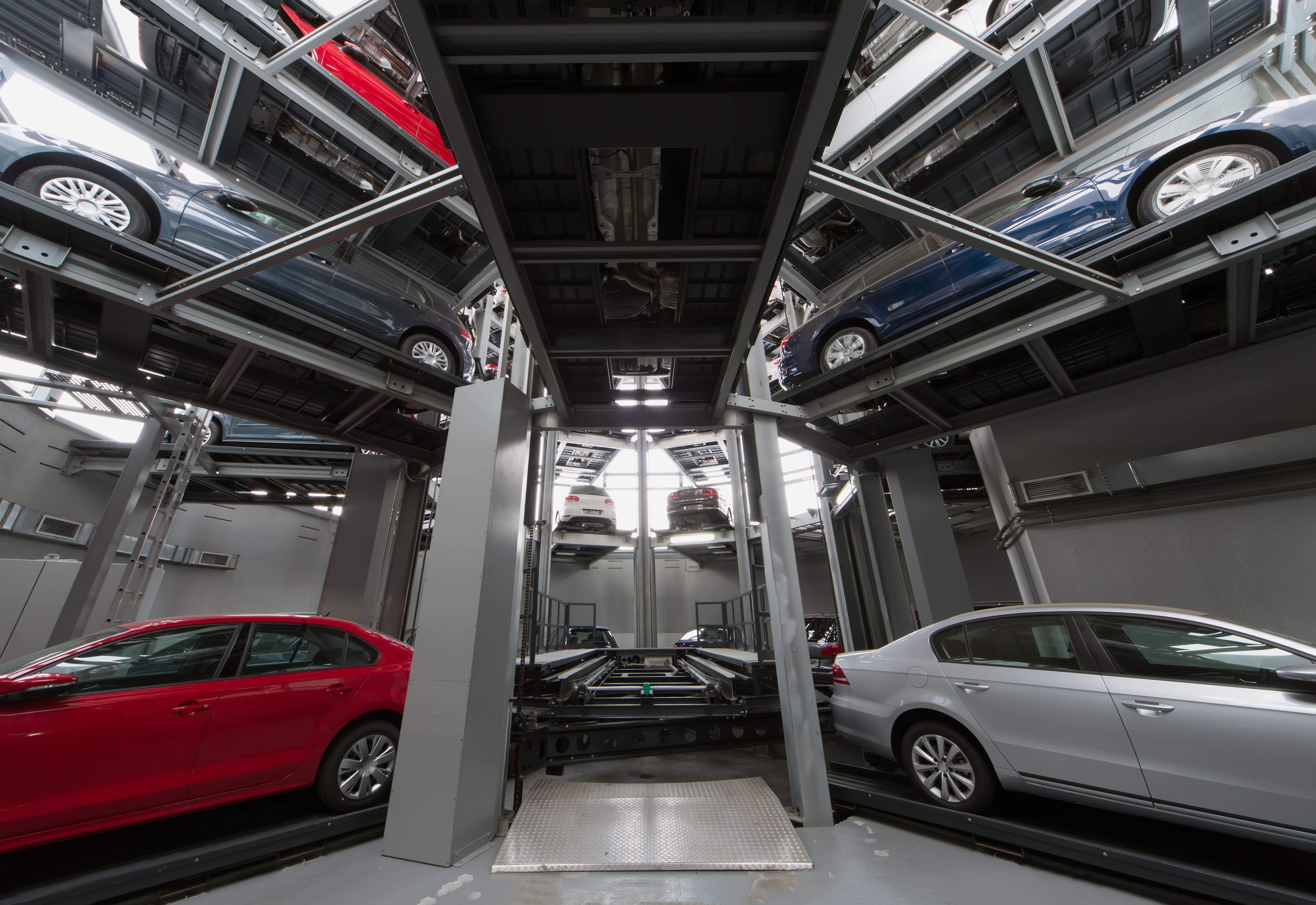
The elements can wreak havoc on your car if you leave it outside for too long.
That’s why storing your car is a lot more involved than parking it, locking it, and putting away the keys.
We’ve put together 8 car storage tips you should follow before parking your car anywhere for an extended period of time below.
So let’s dive in.
1. Choose a Storage Location
When you’re storing your car for a long period of time, the best place to park it is in an enclosed building, like a garage. This will protect your car from the elements, animals, and potential thieves.
But if you don’t have a garage, there are a few other storage options you can choose instead.
The next best choice is a carport. This will shelter your car from rain, hail, snow, UV rays, wind, etc.
You can buy and install carports that are large enough to cover a truck, van, or even an RV. Not sure where to find one? Start by checking out this website.
You can also store your car in your front yard if you have to. But there are a few extra steps you’ll need to take to keep the elements from damaging your car.
Make sure you buy a weatherproof car cover. Lay out a sheet of plastic, a tarp, or some plywood on the ground and park your car on top of it. This will help prevent ground moisture from getting into your car.
2. Wash the Car
Before you put your car into storage, make sure you give it a thorough wash. Any debris left on the car, like dirt or bird droppings, can continue to damage your paint job over time.
For added protection, you might also want to consider applying a layer of wax before parking your car away for an extended period. This will ensure the paint stays in good condition.
3. Check the Engine Fluids
If you’re storing your car for over a month, you should change the oil first. You should also check the rest of the engine fluids to make sure they’re clean, full, and fresh.
And don’t forget about the gas.
Top off the tank before you store it. Otherwise, moisture can build up in the gas tank or your seals can dry out. Make sure you buy a fuel stabilizer. This will keep the gas from deteriorating and ensure ethanol doesn’t build up in your engine.
4. Inflate the Tires
You don’t have to take modern tires off your car when you’re storing it for extended periods of time. But it’s not a good idea to lift the car on blocks. That will leave the suspension hanging for a long time and could wear them out.
Instead, make sure your tires are filled to the right PSI rating. This will prevent them from forming flat spots.
If you do notice a small flat spot, don’t worry. A quick drive can correct small flat spots in most cases.
5. Protect It from Moisture
Protecting your car from moisture should especially be a main priority if you’re storing your car during the winter.
There are several ways you can do this.
Park your car in a dry location if you can. If your car will be in a garage, roll the windows down a crack to promote ventilation. This will keep moisture from building up inside the vehicle.
If you park your car in a port or in the driveway, make sure you use a weatherproof car cover. You should also create a boundary between your car and the ground with a tarp or piece of plastic.
You may want to lay a tarp on the ground even if you’re storing your car in a garage.
6. Keep the Pests Out
Whether you park your car inside a garage or outside, pests and rodents may find a way into your vehicle if you aren’t careful. You should be even more aware of this problem during the wet, cold months of winter when pests are looking for a dry place to live.
If bugs and mice get into your car, they can chew through wires and cause other damage.
Put balls or steel wool inside any openings, such as your air inlet or exhaust pipe. You can also put dryer sheets or moth balls inside the cabin to keep the bugs away.
7. Turn off the Parking Brake
If you’re storing your car for more than a few weeks, you shouldn’t use the parking brake.
Why?
Because if the brake pads stay in contact with the rotors for a long period of time, they can fuse together. Buy a tire stopper instead to keep the car from rolling.
If you’re still worried the car might move, you can also put bricks behind the tires for good measure.
8. Drive It When You Can
Your car battery will eventually lose its charge if you leave it in storage for too long.
There are a couple of ways to avoid this.
You can take out the battery altogether. You can then hook it up to a battery maintainer to make sure it doesn’t lose its charge. This is a good option if you know you won’t be able to drive it for several months.
Otherwise, do your best to start the car at least twice a month. Drive it for 15 minutes if you can.
Car Storage Tips That’ll Keep Your Car Safe from the Elements
If you have to put your car away for a season, make sure you follow these car storage tips. They’ll help protect your car from the elements, pests and rodents, and moisture.
Do you have to ship your car to your storage location?
Take a look at this guide to learn how to ship your car across the country.
